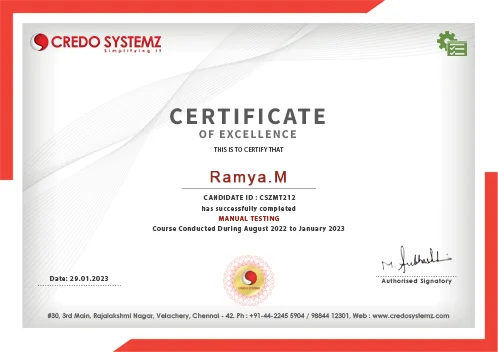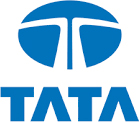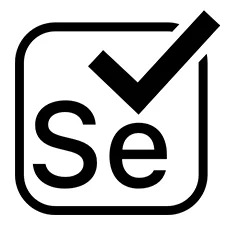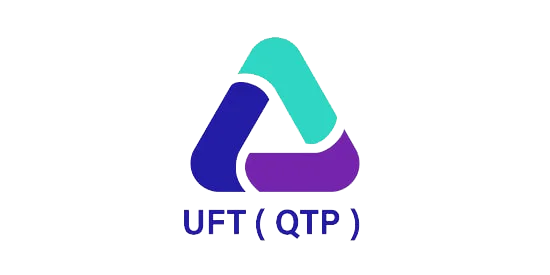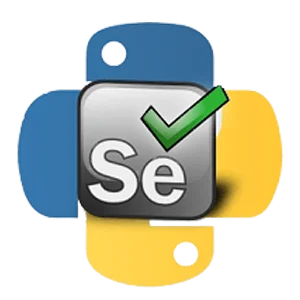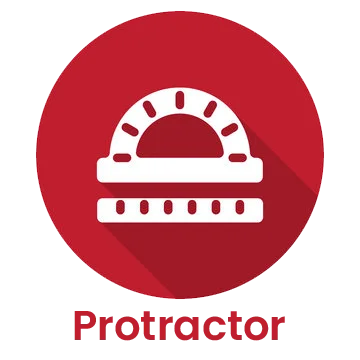-
Case Studies and Projects15+
-
Hours of Practical Training80+
-
Placement Assurance100%
-
Expert Support24/7
-
Support & AccessLifetime
-
CertificationYes
-
Skill LevelAll
-
LanguageEnglish / Tamil
Why Choose a Manual Testing course from Credo?
Credo Systemz Manual testing training in Chennai is the effective course to transform aspirants into testing professionals. This Manual Testing Course in Chennai assists in acquiring the industrial skills of Manual Testing. Gain proficiency in the Manual Testing using Practical Training. Our Manual Testing Training is framed from scratch under the guidance of expert trainers.
Find out what our past customers have to say about credo and their experiences with us
Flexible Mode of Training and Payment
Hear it from our customer!!
Our Manual Testing Training Overview
Our Manual Testing Certification training in Chennai assists in Professional skills development using hands-on practices. This Manual Testing Training offers 100% practical training with live sessions. Attend Our Manual Testing Training Demo to experience the live training sessions.
- Detailed instructor led sessions to help you become a proficient Expert in Manual Testing.
- Build a Manual Testing professional portfolio by working on hands on assignments and projects.
- Personalised mentorship from professionals working in leading companies.
- Lifetime access to downloadable Manual Testing course materials, interview questions and project resources.
- Manual Testing is important to do Exploratory testing, Usability testing, Ad-hoc testing
- Tests are done here from the human perspective which we cant expect in automation testing
- Automation testing also consists of bugs, hence it is not 100% accurate
- Not all automation tools are open source like Selenium
- Using Manual testing you can easily connect to the end user
- Manual testing training ensures gaining the following professional skills with real time practicals.
- Gaining knowledge about various software development lifecycles.
- Learning to set up the test environment.
- To handle the customer request, bug report,test cases.
- Learn to handle meetings and contact with test managers.
- Knowledge of quality assurance methodologies, test types.
- Understanding of testing software.
- To gain professional knowledge of various testing processes.
- Knowledge of Agile frameworks.
- Understanding of regression testing.
- Knowledge of analytical thinking,problem solving.
- Excellent communication skills.
Software testing is one of the always in demand section in MNC companies. We provide all the different types of Software Testing Training such as Manual Testing Training in Chennai,Selenium Testing Training in Chennai, UFT/QTP Testing Training in Chennai, Mobile Testing Training in Chennai, ETL Testing Training in Chennai,Load Runner Testing Training in Chennai. We are the BEST in providing all the above software testing training with placement assistance.
We are the BEST Manual Testing Training Center in Chennai providing the best training in Test case creation, Execution and updating of test cases which is the Major skill set to be the best software tester.
- Expert Level Training – Job based Manual Testing Course in Chennai
- Experienced MNC Employees as Trainers
- Flexible Session Timings – WEEKEND / WEEKDAY
- ONLINE Manual Testing Course also available
- Ranked No : 01 Manual Testing Training Institute in Chennai
- More than 100+ candidates got trained in our Manual Testing Training Chennai
- FREE Demo session available for Manual Testing Training Institute in Chennai
- Recently updated Manual Testing Training Syllabus PDF
- Real Time Scenarios will be provided for practical training
- Lot of experiences in providing college workshops & corporate training in Manual Testing
- Best Manual Testing Training Chennai suits for both beginners and experienced candidates
- Special offers available for Fresher’s & Students
- Practical oriented and Interactive Manual Testing Training Chennai
- Latest Manual Testing Jobs will be updated to the candidates on daily basis
- Frequently asked Manual Testing interview questions will be provided to the candidates
Contact Us
+91-98844 12301 / +91-96001 12302
Training Benefits!!
Software testing is the critical process in the software development life cycle. We are the BEST in providing all the different types of software testing courses. Our Manual Testing Training in Chennai provides complete training to perform Test case creation, Execution and updation. Learn the industrial skill set to be the best software tester in Our Manual Testing Course in Chennai.
-
8-25%
8-25% Chances of immediate placements.
-
27-45%
27-45% increase in salary.
-
~50%
50% of job market is open.
Testimonials
-
Using Testing trainers, I completed Credo Systemz Manual Testing training course. This Manual Testing Course provides Practical training with real world examples. They also offer Real time projects, certification and interview support. Thanks to my trainer for his training.
Ankitha

-
Credo Systemz Manual Testing training offers Live, instructor-led training with placement assistance. This Manual Testing Course offers hands-on practices to gain a strong foundation and skills. It includes essential modules from scratch to latest features. Thanks to the Credo Systemz team.
Karthik

Join Us
CREDO SYSTEMZ provides the Best Manual Testing Training in Chennai to promote you into a skilled Testing professional with 100% Free Placement Support.
Join NowManual Testing Course FAQs
Manual Testing is defined as the process of testing a software application manually. As a manual tester, it is your job to test the given application from user end and this to be done without any help of automation tools.
- Strong knowledge about SDLC and STLC
- Complete understanding of the Principles of Testing
- Well versed about Static & Dynamic testing, Functional & Non-Functional Testing
- Hands-on knowledge about Test plan, Test Cases, Test Scenarios
- Real-Time case studies about Test Process & Bug report
Manual Testing plays an important role in verifying and validating the quality of the software application. Software testing experts also refer that 100% automation testing is not possible, hence it is much required to test a software application manually. Automation testing is also not possible if the application is in the initial stage of the development.
If you have completed your Manual Testing Course then its time to learn Selenium Automation Tool to enhance your career growth.
Manual Testing is the first step to start your career in Software testing field. If you have real-time experience in manual testing then you can choose Selenium automation testing training. If not, it is advisable to choose Manual Testing to start your career.
The roles and responsibilities of a Manual tester is listed below,
- The first job is to analyze the requirement given by the client
- Preparing the test cases & scenarios according to the requirement
- Conducting & Participating in the review meetings
- Analyse the prepared test cases and execute the test operation
- Defect Tracking
- Defects should be communicated to the developers
- Communicating the status of the project to the Test Manager
SURE! Credo Systemz provides you free demo session where you can directly discuss with our trainer and clear all your doubts about the course before joining the session.
Call us @+91- 9884412301 to book your free demo..!
YES.!
International Software Testing Qualifications Board (ISTQB) provides certification for software testers and it is also preferred by the countries all over the world. Our manual testing course content meets all the requirement to appear for the ISTQB examination.
Manual testing is the basis of software testing & the first step to start your career as a software tester, So you don’t need any prerequisites to learn Manual Testing.
YES, It is..!
Automation testing is all about automating the tasks handled manually. Before learning automation testing it is important to understand about Software Testing Life Cycle, Principles of Testing, Types of Testing and more.
For more details call us to (+91- 9884412301) book a free demo session with our trainers.
Our Alumni Work in top MNCs
Credo Systemz has placed thousands of students in various top multinational organiation, witnessing the progress of our alumni gives us immense gratification.
Join the success community to build your future
Enroll nowGet Industry Recognized Certification
Credo Systemz’s certificate is highly recognized by 1000+ Global companies around the world. Our Manual Testing certification showcases the in-built knowledge of Manual Testing with global recognition.
Benefits of Manual Testing Certification
- To demonstrate the Proficiency of Manual Testing with its skills.
- To add weightage to your Professional resume.
- To stand out in the job market with guaranteed performance.
- To enhance your credibility in using Manual Testing.
